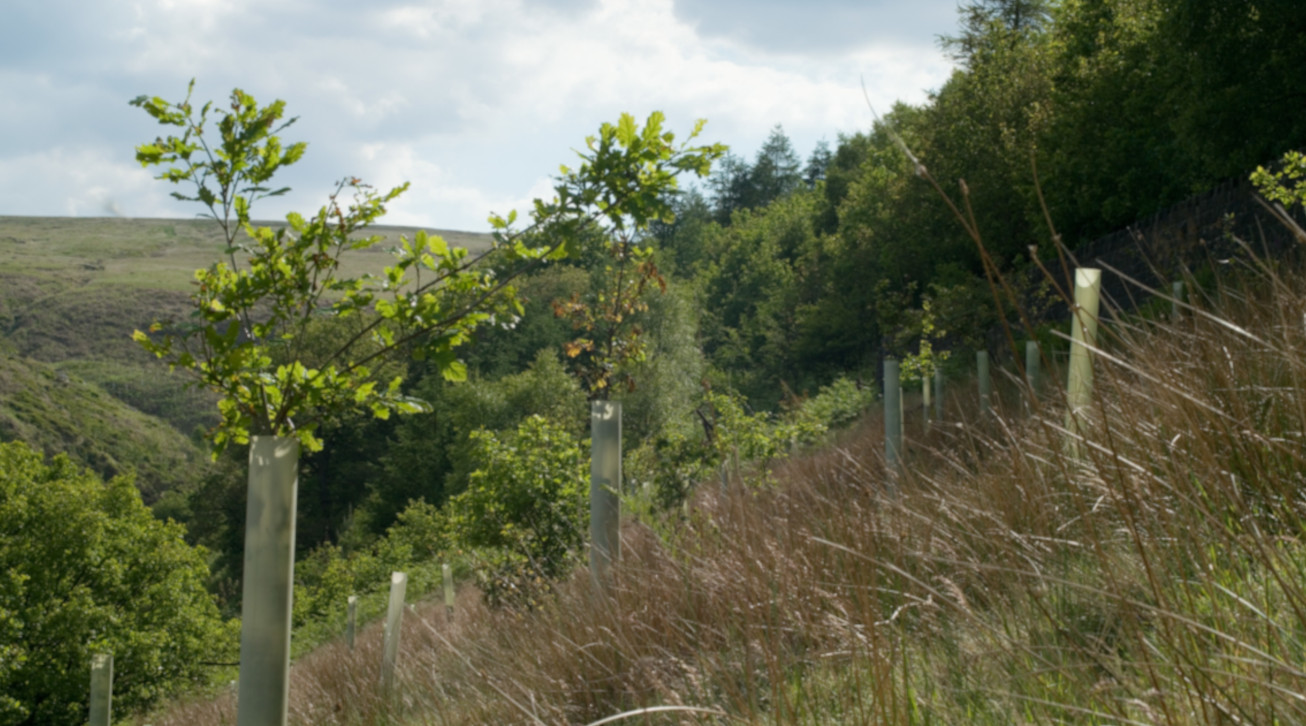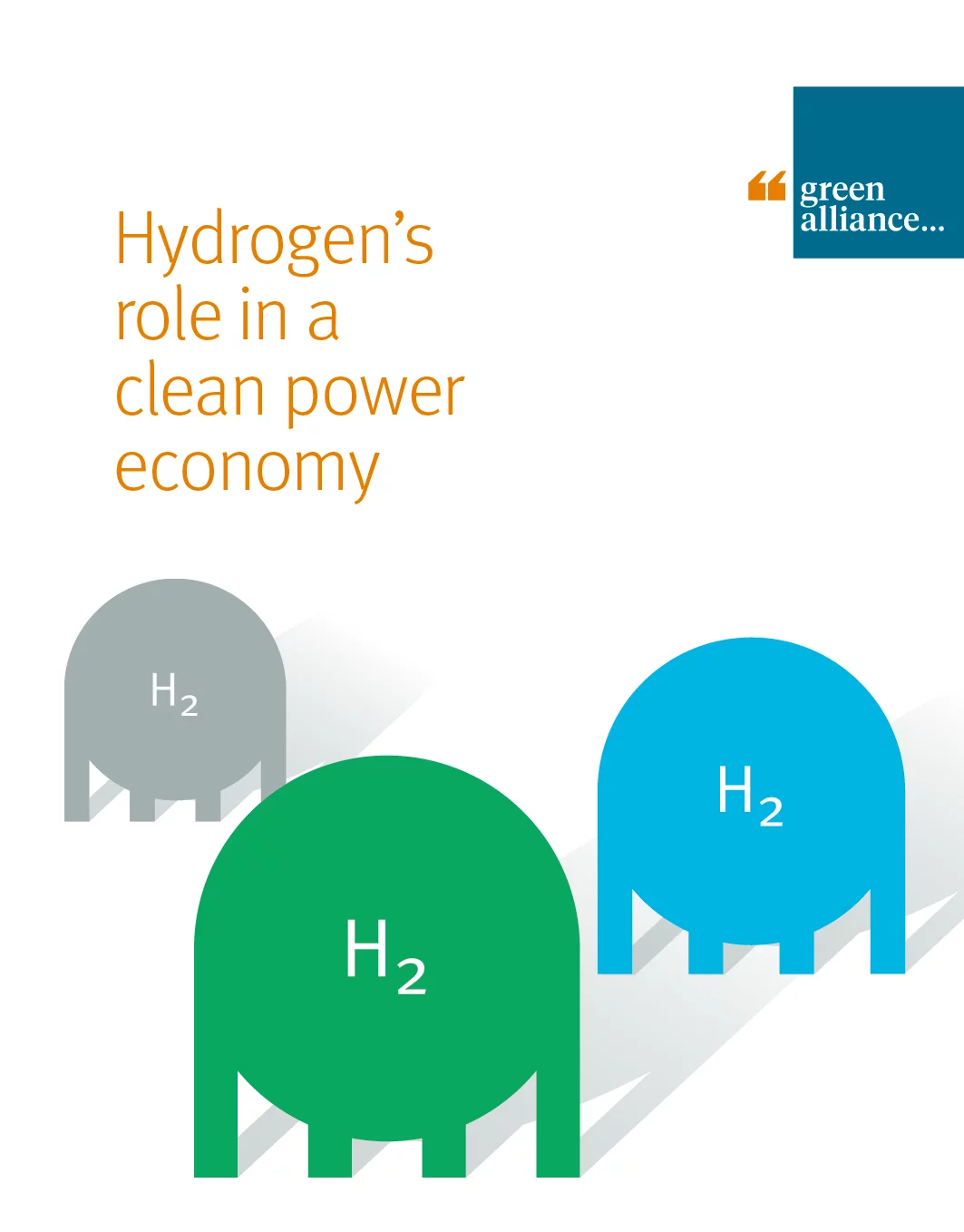Overview
Greenhouse gas removal (GGR), such as nature based carbon removals or future engineered options, are expected to play an important role in halting climate change. This is the case at a global and UK level, with both the UN’s intergovernmental panel on climate change, and the UK’s Climate Change Committee pointing to the need for GGR if we are to keep global temperature rise in the region of 1.5 degrees.
The use of GGR raises a number of concerns, including the risk of GGR delaying action to reduce actual emissions and the level to which GGR can be scaled sustainably. Questions also remain about how to allocate GGR across different segments of the economy.
This project investigates the governance framework required to ensure the sustainable, effective delivery of GGR. It also explores what role different types of nature based and engineered GGR solutions should play in achieving the UK’s net zero emissions target.
Ensuring effective governance of greenhouse gas removal

Our 2020 report examined the role of ‘natural climate solutions’ which remove carbon from the atmosphere, as an approach to decarbonising aviation. Without regulation, this industry will fail to make a meaningful difference as companies buy up the cheapest credits to offset emissions they should try harder to abate. To address this, we propose a new Office for Carbon Removal to help ensure the sustainable deployment of greenhouse gas removal (GGR). We made the case for the UK to set two net zero linked targets (one for emissions reduction and one for carbon removals) to ensure the use of GGR does not delay emissions reduction.
Our 2023 report explored the challenges associated with scaling up the GGR industry and further developed the idea of a new government Office for Carbon Removal to oversee its growth. We explored different governance arrangements for the sector and set out recommendations for the role the Office for Carbon Removal should play.’
Using greenhouse gas removal to reach net zero

Greenhouse gas removal (GGR) will be necessary for the UK to meet its net zero emission target, but there are questions around the scale and pace of deployment, as well as the associated trade offs.
This project will explore the role of different nature based and engineered GGR solutions to achieve net zero, and will develop proposals for how the government can both deploy low regrets options and reduce locking in solutions with significant trade offs and uncertainty.

